
The Importance of House Design
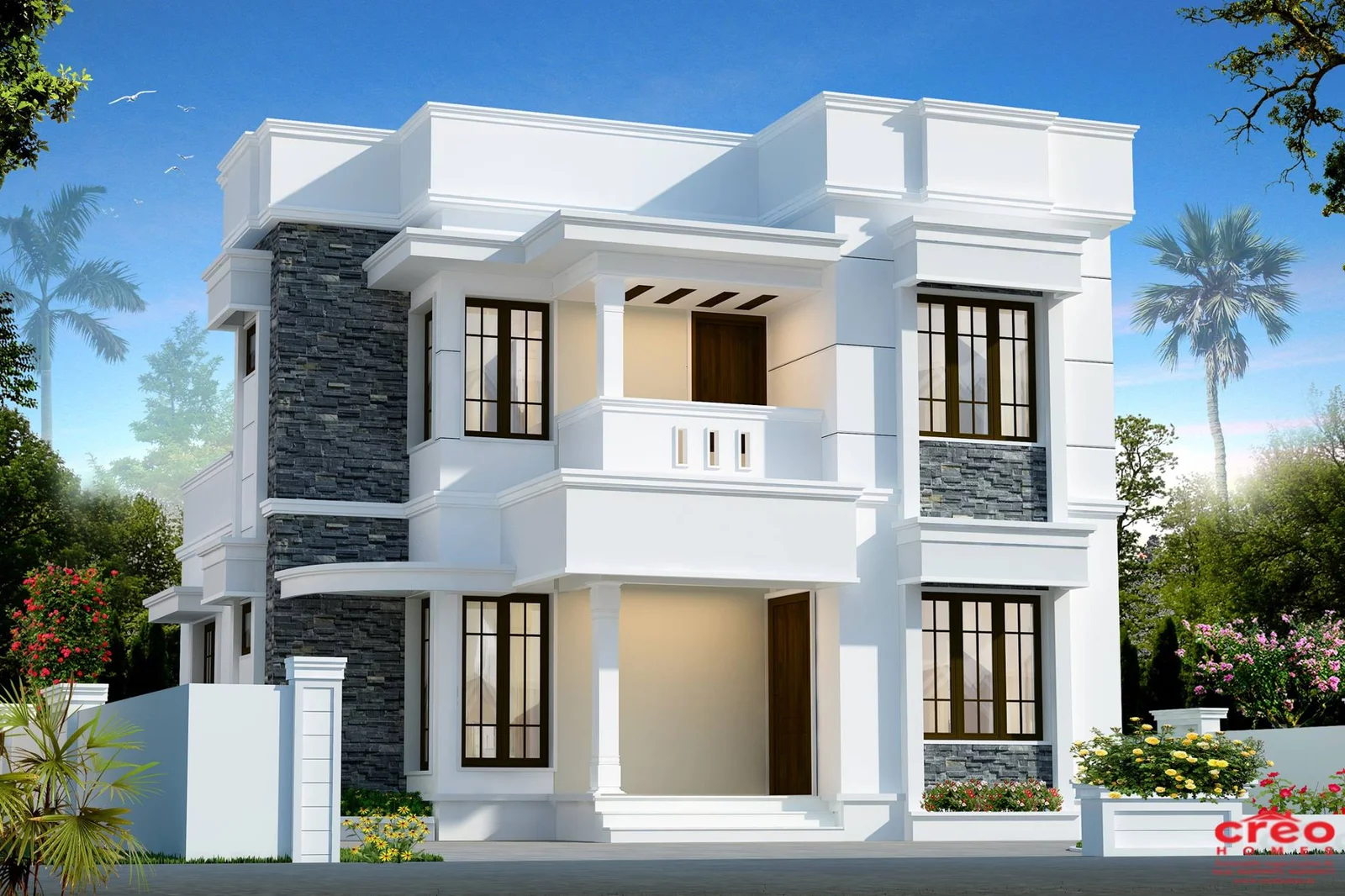
House design plays a crucial role in creating a comfortable and functional living space. Whether you are building a new house or renovating an existing one, the design of your home can greatly impact your quality of life. A well-designed house not only enhances aesthetics but also improves functionality and promotes a sense of well-being.
Aesthetics and Visual Appeal
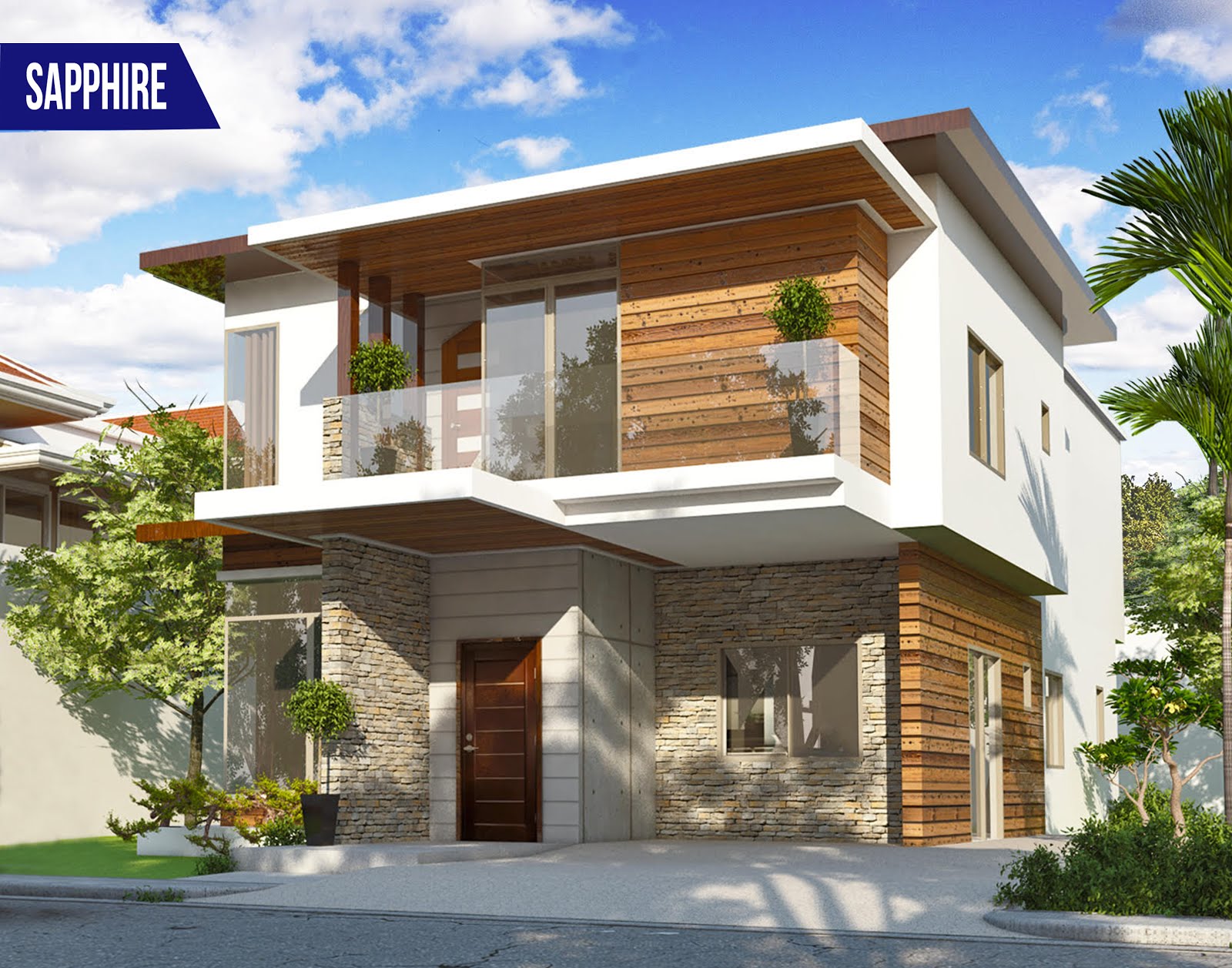
One of the primary reasons why house design is important is its impact on aesthetics and visual appeal. The design elements such as architectural style, color scheme, materials, and finishes contribute to the overall look and feel of the house. A well-designed house creates a positive first impression and can even increase the value of the property.
Functionality and Practicality
Good house design focuses on functionality and practicality. Each room and space within the house should be designed to serve its intended purpose effectively. Proper layout planning, efficient use of space, and thoughtful placement of furniture and fixtures can greatly enhance the functionality of a house. A well-designed house makes daily activities easier and more convenient.
Optimal Space Utilization
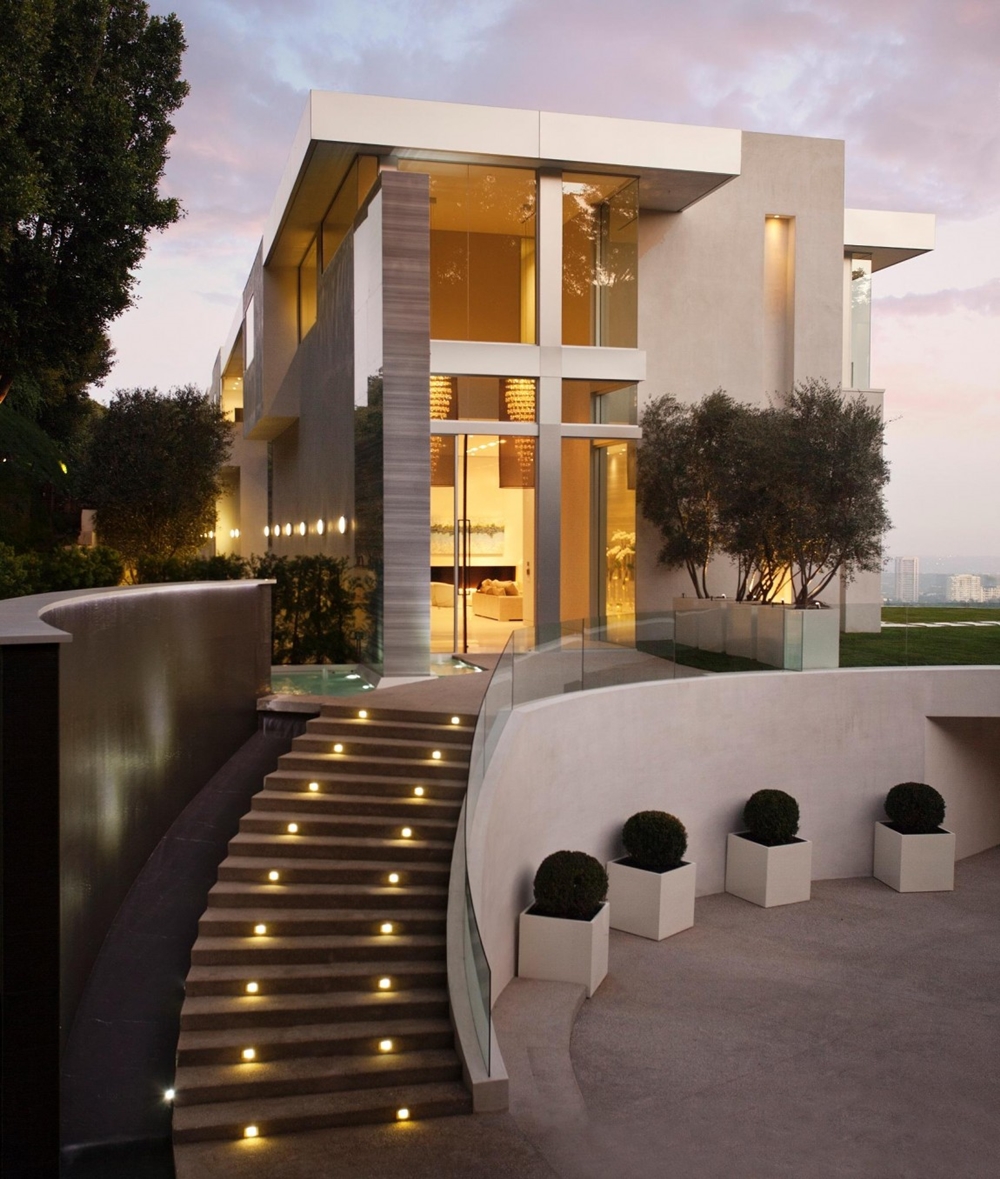
House design plays a vital role in utilizing space optimally. Proper space planning ensures that every inch of the house is utilized efficiently. This includes considering the flow of movement, creating storage solutions, and maximizing the use of both indoor and outdoor spaces. Effective space utilization results in a more organized and clutter-free living environment.
Natural Light and Ventilation
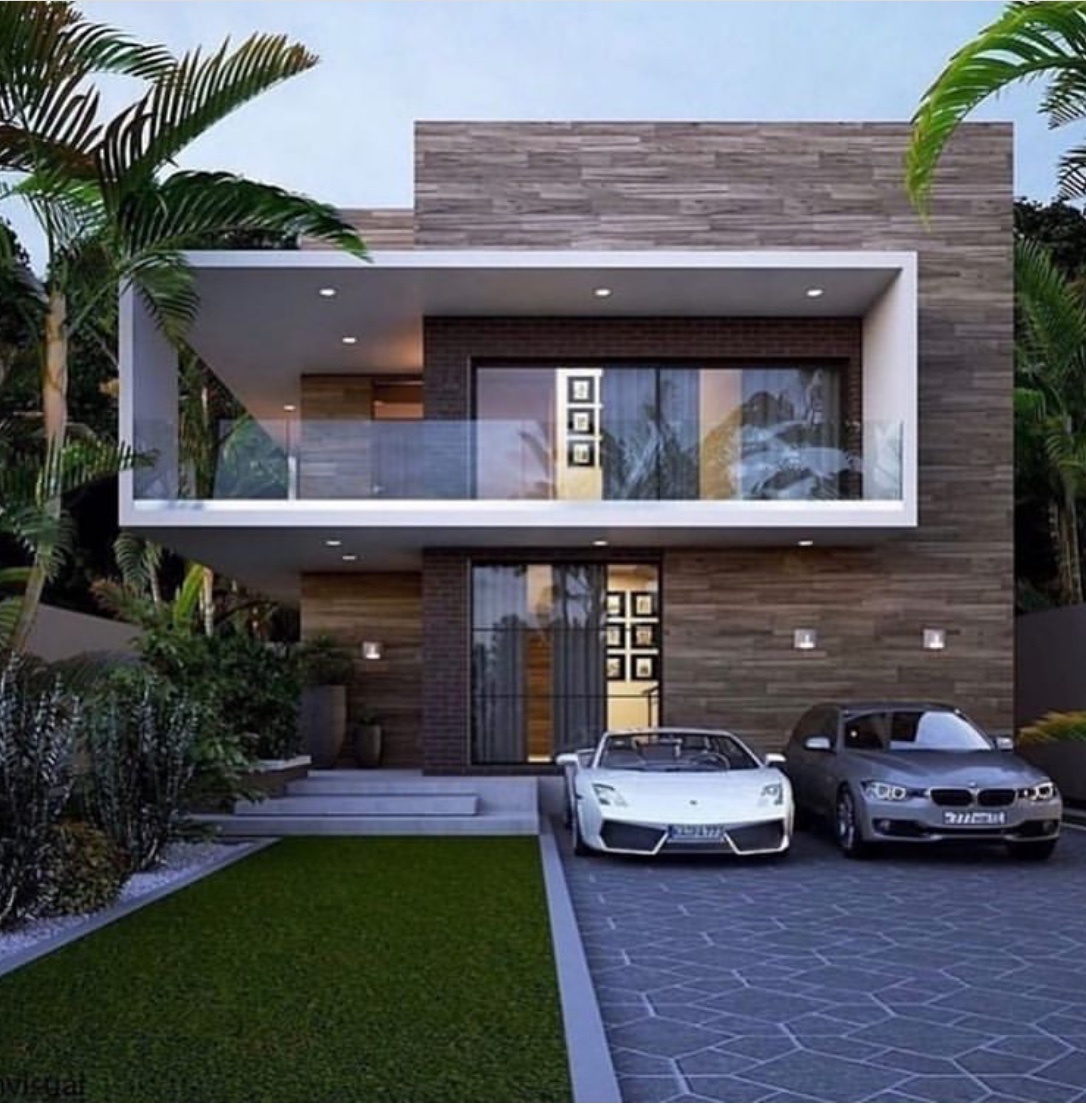
Another important aspect of house design is the incorporation of natural light and ventilation. Well-designed houses make use of windows, skylights, and other architectural features to allow ample natural light to enter the living spaces. Adequate ventilation helps maintain a fresh and healthy indoor environment. Natural light and ventilation can significantly improve mood, productivity, and overall well-being.
Energy Efficiency
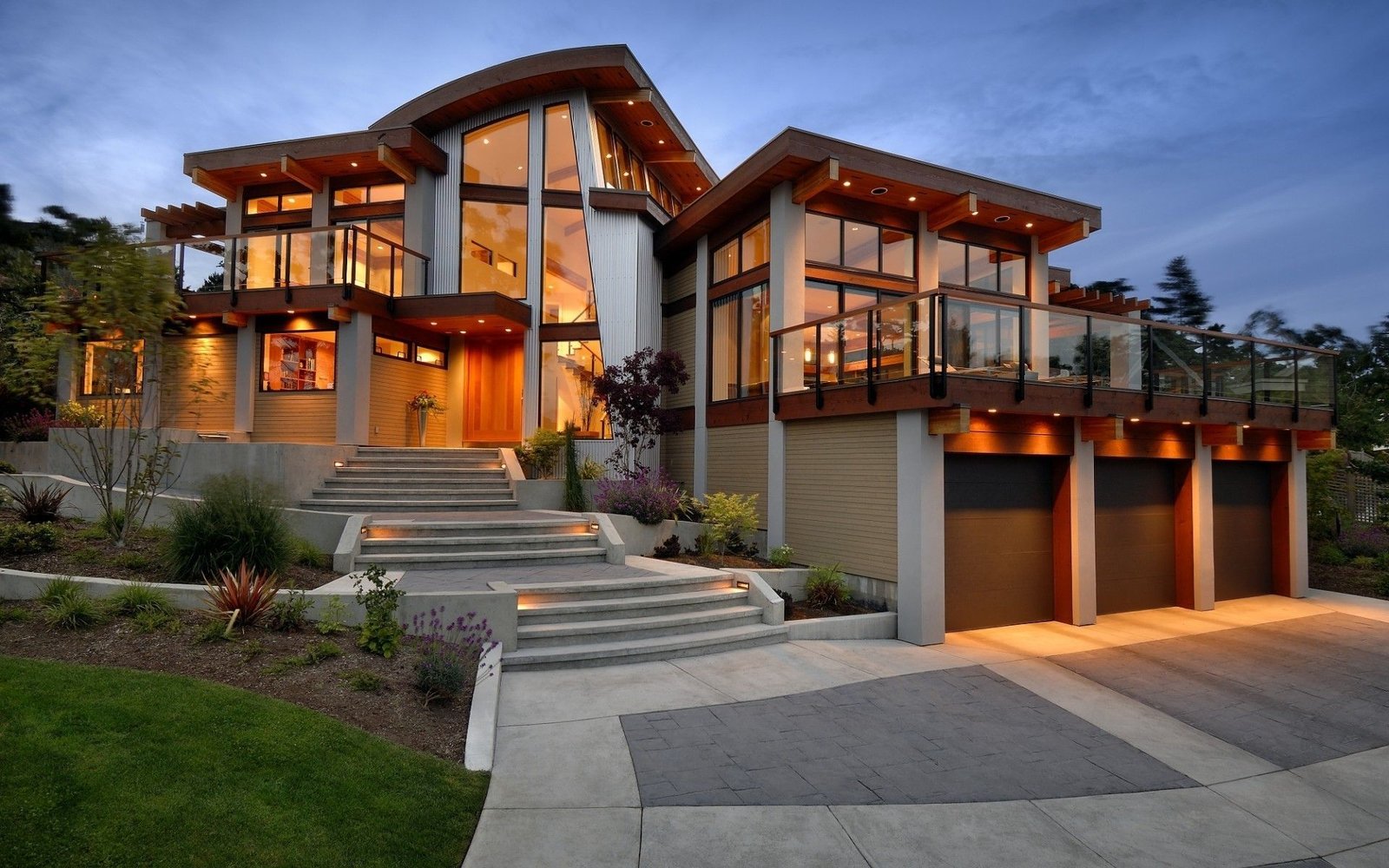
House design also plays a crucial role in energy efficiency. Well-insulated walls, energy-efficient doors and windows, proper placement of windows to maximize solar gain, and the use of sustainable materials can significantly reduce energy consumption. Energy-efficient houses not only contribute to environmental sustainability but also result in lower utility bills for homeowners.
Personalization and Lifestyle
.jpg)
House design allows homeowners to personalize their living spaces according to their lifestyle and preferences. From choosing interior finishes to selecting furniture and decor, the design of a house reflects the personality and taste of its occupants. A well-designed house provides a comfortable and inviting space that aligns with the lifestyle and needs of the homeowners.
Conclusion
In conclusion, house design plays a pivotal role in creating a comfortable, functional, and visually appealing living space. It encompasses various aspects such as aesthetics, functionality, space utilization, natural light, ventilation, energy efficiency, and personalization. Investing in good house design can enhance your quality of life and provide a sanctuary that you are proud to call home.